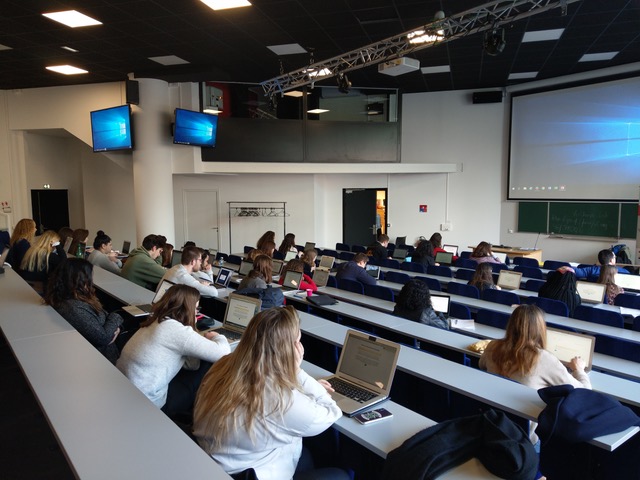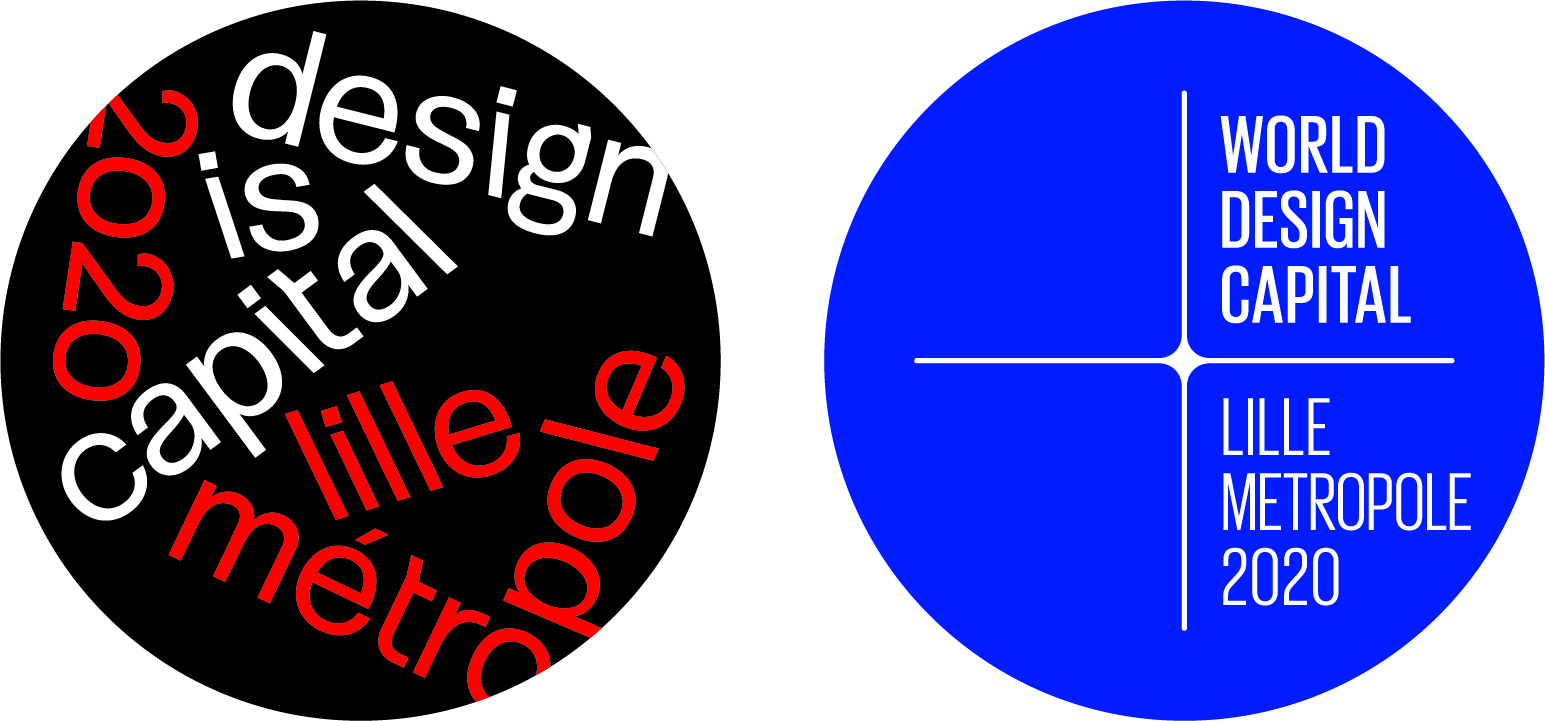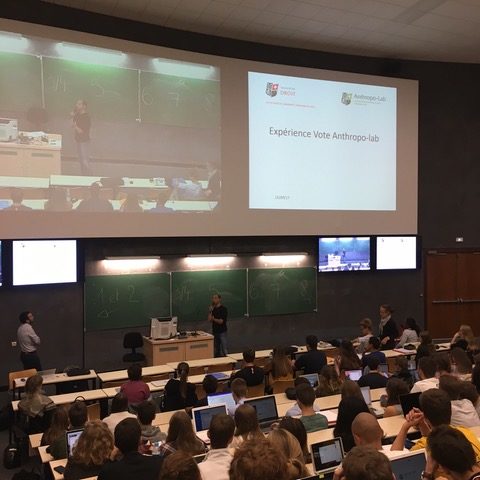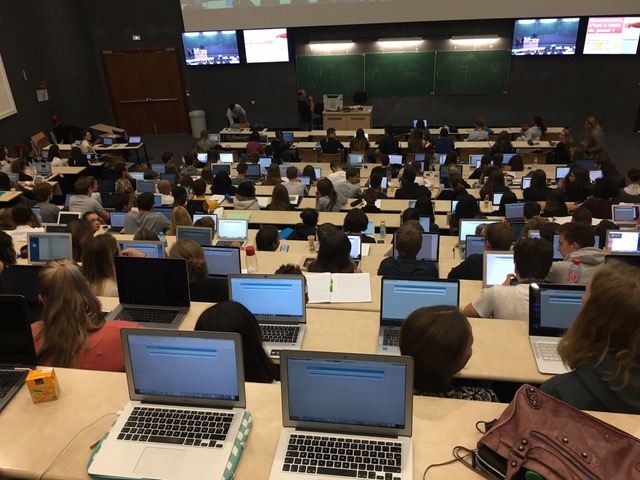POC Ephemer
Participating to change behaviour
How might we bring a better understanding among people of present and future ethical issues, and particularly around environmental matters? Is placing individuals in role-play situations and making them actors more effective than the more classical pedagogy based on awareness raising discourses?

Ethics and collective commitment
EPHEMER, which stands for Ethique et Pédagogie Holoptique pour un EnseignMEnten Réseau (Ethics and Holoptic Pedagogy for Networked Teaching) is a pedagogical project at the service of ethical and societal issues.
Funded by the French National Research Agency[1]and developed by the Institut Catholique de Lille, EDHEC and IESEG, the project EPHEMER aims to explore new ways of helping audiences to grasp societal issues underpinned by ethical challenges. Among these issues, EPHEMER’s actions include collective engagement in pro-environmental actions.
Active education for all!
The project consists in replacing the current passive approach, wherein the public listens to the speaker(s), with a more active approach, wherein the public is invited to participate in experiments. Initially developed within a university environment, the experiments come together as situational simulations, in which audiences from different disciplines are expected to make choices and express opinions. The responses are then mobilised in order to discuss together on a more concrete and engaging basis. The project stresses the importance of a collaborative dynamic: the aim of this approach is to bring together the public’s diverse points of view, so that they may take up themes that are different from their disciplinary field and thus visualise the problem from a different angle.
Beyond a new approach to pedagogy, based on an experimental methodology and the mobilisation of digital tools as inputs for these interventions, the project EPHEMER is addressed as well to the general public, in order to stimulate involvement in major societal issues, present and future.
- Project holders : Thierry Sobanski, Nicolas Vaillant, Anthony Piermattéo
- Designers : Emilie Lebrun
- Stakeholders : ICL, EDHEC, IESEG
- Photo credits : Thierry Sobanski, Nicolas Vaillant, Anthony Piermattéo
Paragraph
[1]ANR-16-DUNE-0004


